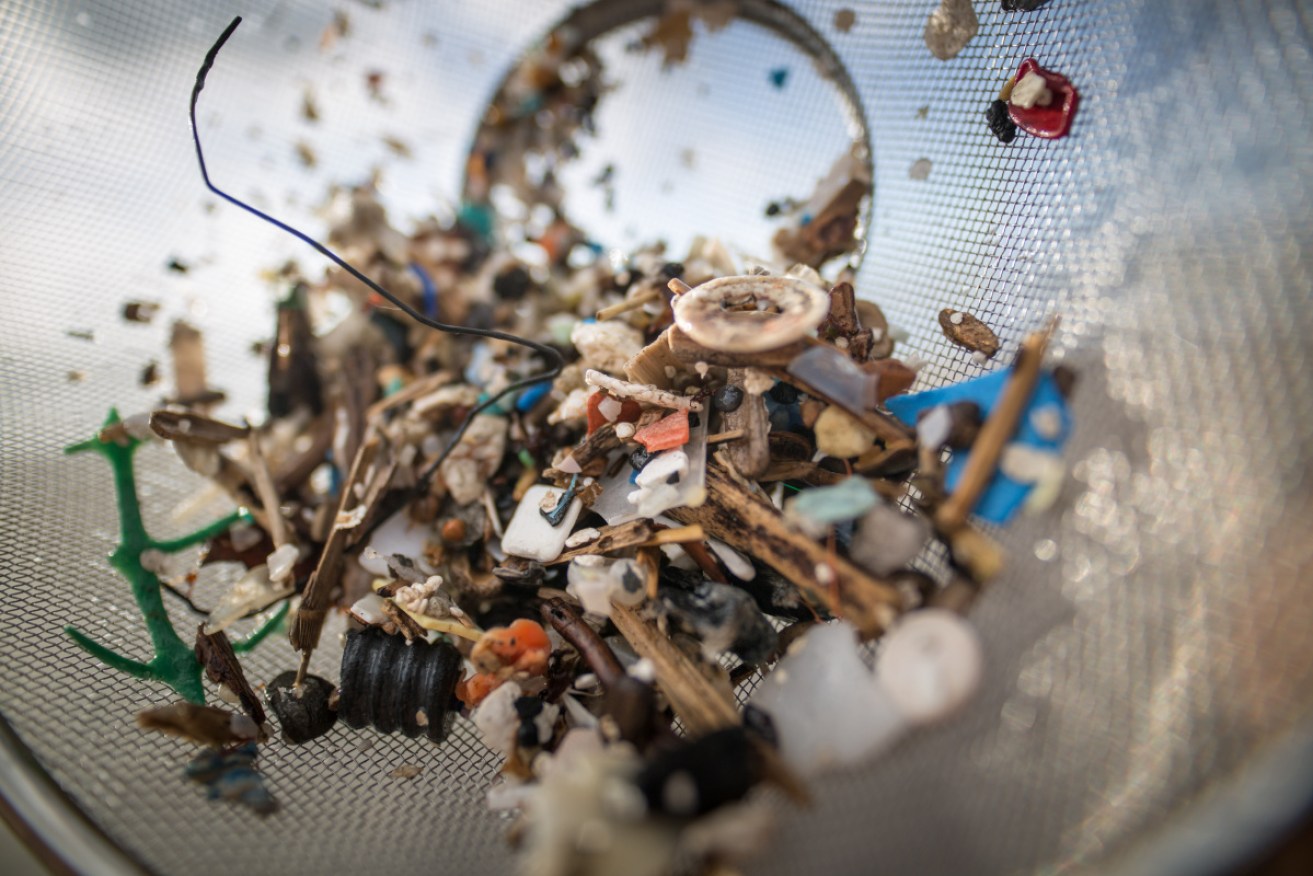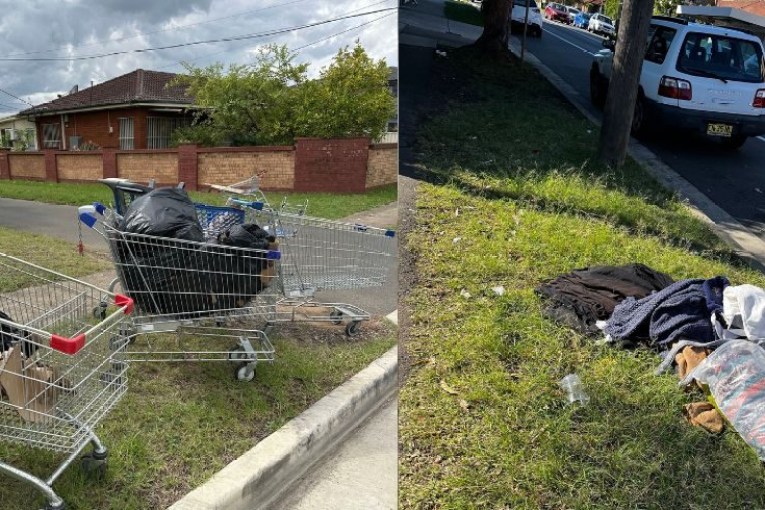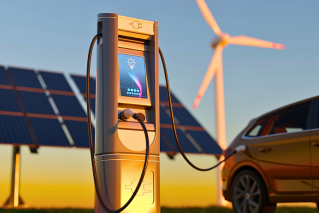UN inches towards first global pact aimed at eliminating plastics pollution

'Pervasive' plastics and their microparticles have been showing up in all corners of the environment. Photo: Getty
Around 170 countries have agreed to develop a first draft of what could become by the first global treaty to curb plastic pollution by the end of next year.
Country delegations, NGOs and industry representatives gathered in Paris this week for the second round of UN talks toward a legally binding pact to halt the explosion of plastic waste, which is projected to almost triple by 2060.
Around half ends up in landfill and less than a fifth recycled, according to a 2022 Organisation for Economic Co-operation and Development report.
By the session’s close on Friday, countries agreed to prepare a “zero draft” text of what would become a legally binding plastics treaty and to work on key questions such as the scope and principles of the future treaty.
The “zero draft” text would reflect options from the wide-ranging positions of different countries by the start of the next round of talks to be held in Nairobi, Kenya, in November.
Far from unanimous
The start of negotiations was bogged down for more than two days focused on the rules of procedure for the talks.
Saudi Arabia, Russia and China had led objections to the treaty decisions being adopted by a majority vote rather than a consensus. A consensus would give one or a few countries the ability to block adoption.
The issue has not yet been fully resolved and will come up at the next round of talks.
On Wednesday night, negotiators were able to move ahead on the substance of the talks, laying out their positions on whether plastic production should be capped, “problematic” plastics should be reduced and whether the treaty should set national targets or allow countries to set their own plans.
“We have no time to lose. Now we have less time to lose,” said the representative of Samoa on behalf of small island nations, adding that island states face the harms of poor waste management and overproduction of plastic.
Global vs. national
An informal group of countries called the “High Ambition Coalition,” which includes EU countries as well as Japan, Chile and island nations, wants global targets to reduce plastic production and pollution as well as restrictions on certain hazardous chemicals.
Countries like the United States and Saudi Arabia have favoured national plans rather than global targets to tackle the problem.
Tadesse Amera, co-chair of the International Pollutants Elimination Network, said with growing public concern about the plastic pollution crisis, the negotiations need to result in a strong agreement.
“The stakes are high, but we are optimistic by the growing awareness among delegates of the need for global controls on chemicals in plastics and for limits on plastic production,” he said.
-AAP








